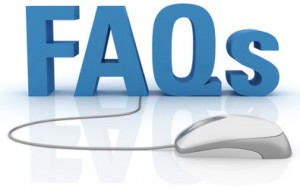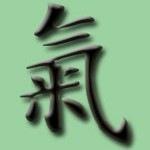How does acupuncture Work?
Acupuncture is a tried and tested system of medicine.The Chinese and other eastern cultures have been using acupuncture to restore, promote and maintain good health for thousands of years. Nowadays more and more people are finding this long established therapy can offer an effective aolution to all manner of today’s ills. Acupuncture is now accepted all over the world as a valid system of healthcare and in the UK there are currently over 3,000 qualified acupuncturists registered with the British Acupuncture Council.
Who has acupuncture?
Many people come to acupuncture for help with specific symptoms or conditions. Others choose acupuncture as a preventative measure to strengthen their constitution or because they just feel generally unwell. Acupuncture is considered suitable for all ages, including babies and children. It can also be used alongside conventional medicine.
What happens when I go for treatment?
You will be asked about your current symptoms, what treatment you have received, your medical history, your diet, digestive system, sleeping patterns and emotional state. Sue also uses traditional tongue, pulse, face and body diagnosis. The acupuncture points used are not always close to the part of the body where you experience the problem. For example, although you might suffer from headaches, needles may be inserted in your foot or hand.
How many sessions will I need?
Frequency and length of treatment depends on your individual condition. Change is usually felt after three treatments, althought sometimes only one or two treatments are required. Some people may need long term treatment. Sue will normally ask to see you once or twice a week at first.
Should my doctor know?
If you have been prescribed medication it makes sense to tell your doctor that you are planning to have acupuncture. You should always tell your acupuncturist about any medication you are taking as this may affect you response to the acupuncture treatment.
Is it safe?
Acupuncture has a very sound track record. The needles used are sngle-use, sterile and disposable. Response to treatment can include a sense of deep relaxation so it is wise not to plan a busy day straight after treatment. You should not havestrenuous exercise or alcohol n the day of treatment.
What does it feel like?
Acupuncture needles are much finer than needles used for injections and blood tests. When the needles are inserted, the sensation is often described as a sense of warmth or a temporary dull ache. This is known as Da Qi and shows the treatment is beginning to take effect.
What can acupuncture do for me?
Acupuncture is widely considered to be beneficial for a range of illnesses and symptoms, from clearly defined complaints such as headaches, vomiting, neck ache and back arthritic and dental pain, through to more general feeling of ill health such as nausea or low energy. Conditions commonly treated fall into the following categories of disorder: eye, ear, nose and throat, circulatory, gastrointestinal, gynaecological, genito-urinary, immune, musculo-skeletal, neurological, respiratory, emotional and psychological addiction. Many women choose to have acupuncture throughout pregnancy and childbirth. In addition, it is increasingly used by couples dealing with problems of fertility or to support IVF treatment. Acupuncture can be used for any age including babies.
To find out more about what acupuncture can do for you please speak to me or your local BAcC acupuncturist or contact the British Acupuncture Council.
